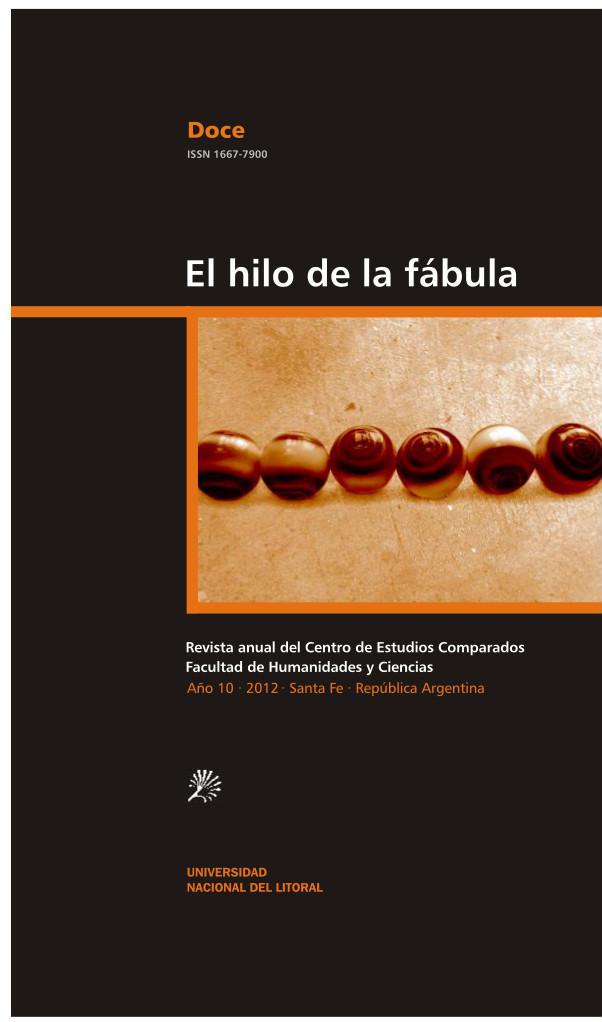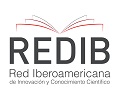Cuando el testimonio cuenta una guerra: la complejidad de las cosas
DOI:
https://doi.org/10.14409/hf.v0i12.4698Keywords:
narración de cuentos, militancia, guerra, militarismoAbstract
The present essay states the need of considering a reading machine that does not withdraw nor silence the notion of war within the testimonial gender. It is written from the lack of comfort brought about by the word war disseminated throughout the whole surface of a corpus of narratives about Tucumán. A corpus composed both by interviews and edited testimonies. This paper does not propose a key to come across the reasons for repression but proposes the will to identify a matrix present in the “stories” about the war in Tucumán in which each element echoes disseminated in multiple and opposed records. The reading of testimonies, in terms of a machine of war, is to set the foundation of the reading on the exercise of difference, accepting the challenge of reading in a zone that is silenced due to its complexity. In terms of justice or ethics, statements are binary: innocent or guilty. Acknowledging this postulation and without accepting the comfort of relativism, the work proposes to assume the risk of an immanentist reading of testimonies and books of this gender, identifying the content of the figures regardless of the form of the content.












